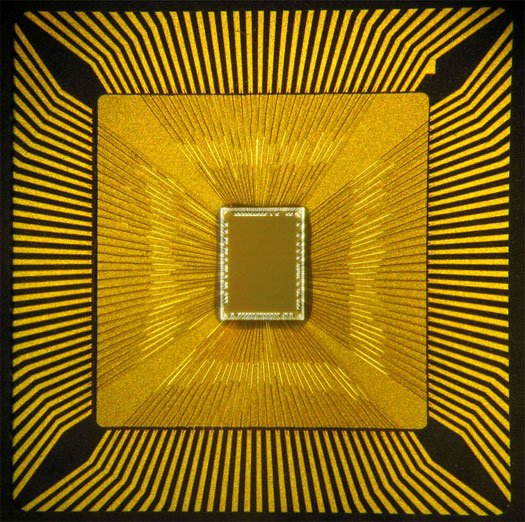South Africa’s online dating scene is shifting in 2026 as users move away from endless swiping toward niche apps focused on values, safety, and real connection.
IBM unveils brain-like ‘cognitive computing chips’

IBM has developed prototypes of computer chips that mimic the way the human brain works. According to the resaerch team, the experimental “cognitive computing chips” could eventually lead to machines that “emulate the brain’s abilities for perception, action and cognition.”
“Future applications of computing will increasingly demand functionality that is not efficiently delivered by the traditional architecture,” said Dharmendra Modha, project leader for IBM Research, “These chips are another significant step in the evolution of computers from calculators to learning systems, signaling the beginning of a new generation of computers.”
 IBM said cognitive computers, like the human brain, would “learn through experiences, find correlations, create hypotheses, and remember — and learn from — the outcomes.”
IBM said cognitive computers, like the human brain, would “learn through experiences, find correlations, create hypotheses, and remember — and learn from — the outcomes.”
According to IBM, which has been conducting artificial intelligence research since 1956, the chips could lead to computers able to ingest complex, real-time information through multiple sensors and translate it into action.
Making sense of real-time input flowing at an ever-dizzying rate would be a Herculean task for today’s computers, but would be natural for a brain-inspired system. “Imagine traffic lights that can integrate sights, sounds and smells and flag unsafe intersections before disaster happens,” Modha said.
So far, IBM said, it has managed to carry out simple applications using the prototype chips like navigation, pattern recognition and classification.
IBM said the cognitive computing chips replicate the biological synapses, neurons and axons of the human brain using algorithms and silicon circuitry.
They feature integrated memory (replicated synapses), computation (replicated neurons) and communication (replicated axons), it said.
The “long-term goal” of Big Blue is to build a chip system with 10 billion neurons and 100 trillion synapses which consumes just one kilowatt of power and occupies less than two liters of volume.
For phase two of the project known as SyNAPSE — or Systems of Neuromorphic Adaptive Plastic Scalable Electronics — IBM said it has joined forces with researchers from Columbia University, Cornell University, the University of California (Merced) and University of Wisconsin (Madison).
IBM said the project has received $21 million in new funding from the Pentagon’s Defense Advanced Research Projects Agency (DARPA).
– AFP

